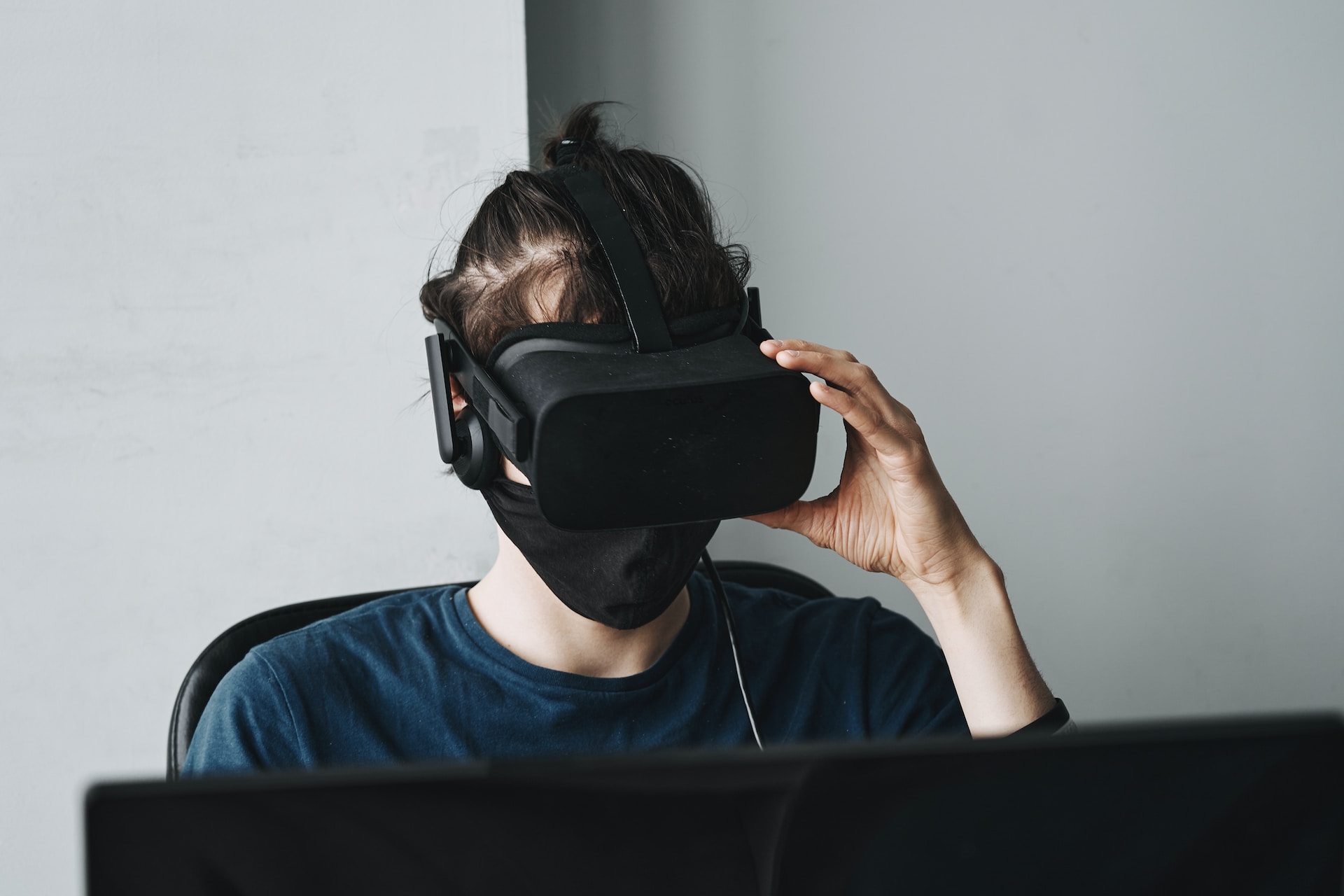Unleashing the Power of Quantum AI: Bridging the Gap Between Quantum Computing and Artificial Intelligence
In the ever-evolving landscape of technology, a groundbreaking convergence is taking place – Quantum Artificial Intelligence (Quantum AI). This transformative field sits at the intersection of two cutting-edge domains: quantum computing and artificial intelligence, promising to revolutionize the way we approach complex problem-solving.
Quantum AI: A Glimpse into the Future
Quantum Computing Meets Artificial Intelligence
Quantum AI harnesses the immense potential of quantum computing to enhance or even replace classical AI methods. Classical computers operate on bits, representing either a 0 or a 1. In contrast, quantum computers leverage qubits, which can exist in multiple states simultaneously due to the principles of superposition and entanglement. This unique capability enables quantum computers to process vast amounts of information and perform complex calculations at speeds currently unimaginable for classical computers.
Solving Complex Problems at Quantum Speed
One of the most exciting aspects of Quantum AI is its ability to tackle complex problems exponentially faster than classical AI. Tasks such as optimization, machine learning, natural language processing, and computer vision stand to benefit greatly from the quantum advantage. Quantum algorithms, designed to leverage the power of qubits, offer a new paradigm for solving problems that were once deemed insurmountable.
The Quantum AI Landscape
Google Quantum AI: Pioneering the Way
Google Quantum AI stands at the forefront of quantum computing research. The website showcases Google's commitment to advancing quantum technologies and their applications in artificial intelligence. Visitors can explore research papers, tools, and tutorials, gaining insights into the practical aspects of implementing quantum circuits using Cirq, a Python library developed by Google.


Quantum AI Trading: Applying Quantum Insights to Finance
For those intrigued by the practical applications of Quantum AI, platforms like Quantum AI Trading offer a glimpse into its potential impact on financial markets. Claiming to use quantum AI to optimize Bitcoin trading strategies, this platform integrates quantum algorithms to enhance trading efficiency. Traders can customize preferences and work with account managers to leverage quantum insights for more profitable outcomes.
In-Depth Understanding: AIMultiple's Guide to Quantum AI
For a comprehensive understanding of Quantum AI's intricacies, AIMultiple's guide provides an insightful exploration. Delving into the workings, importance, possibilities, and challenges of quantum computing in AI, the guide covers various domains, including quantum algorithms for learning, decision problems, search, and game theory.
Challenges and Opportunities
While the promises of Quantum AI are groundbreaking, the field is not without its challenges. Scalability, error correction, interoperability, and security pose significant hurdles that researchers and developers are actively addressing. The journey to harness the full potential of Quantum AI requires overcoming these obstacles to ensure a seamless integration into real-world applications.
The Future of Quantum AI
As Quantum AI continues to evolve, its impact on industries ranging from finance to healthcare, and beyond, is poised to be transformative. The journey towards practical quantum advantage is ongoing, with researchers and companies pushing the boundaries of what's possible.


In conclusion, Quantum AI represents a paradigm shift in how we approach complex problem-solving. The synergy between quantum computing and artificial intelligence opens up new frontiers of possibility, challenging us to reimagine the limits of computational power. As we navigate this exciting intersection of quantum and AI, one thing is clear – the future is quantum, and it's here to revolutionize the world of artificial intelligence.


